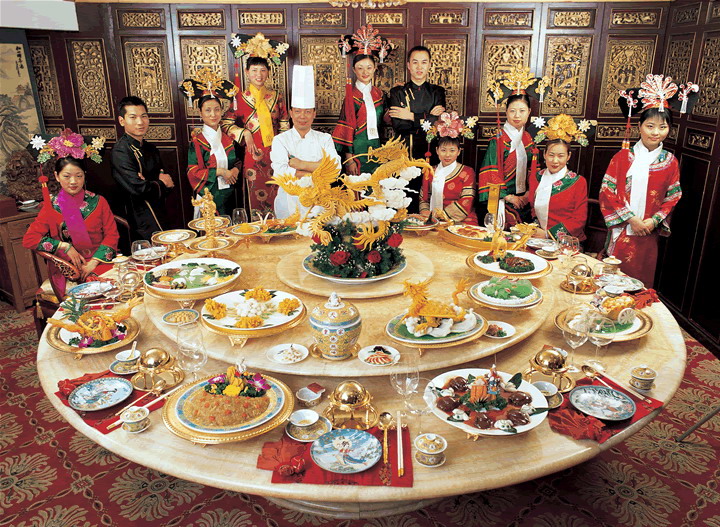


Watching lanterns and fireworks, guessing lantern riddles, performing folk dances, and eating yuanxiao. Pasting scrolls, the character 'Fu', and paper-cuts pictures, setting-off firecrackers and fireworks, paying New Year visits, and eating jiaozi. The grandest and most popular festivals are the Chinese New Year (Spring Festival), the Lantern Festival, the Qingming Festival, the Dragon Boat Festival, the Mid-autumn Festival, etc. The form which most of the festivals take today was established around the time of the Han Dynasty (206BC - 220) and for many years, various eminent poets have written countless masterpieces describing the festivals and are still recited regularly today.Īlmost every festival has its own unique origins and customs which reflect the traditional practices and morality of the whole Chinese nation and its people. Many of the customs connected with the traditional festivals have links with religious devotions, superstitions and myths. A close relationship exists between many of the traditional festivals and chronology, mathematics, the Chinese Calendar and the twenty-four solar terms. Characterized by diverse styles and themes, traditional Chinese festivals are an important part of the country's history and culture, both ancient and modern.


 0 kommentar(er)
0 kommentar(er)
